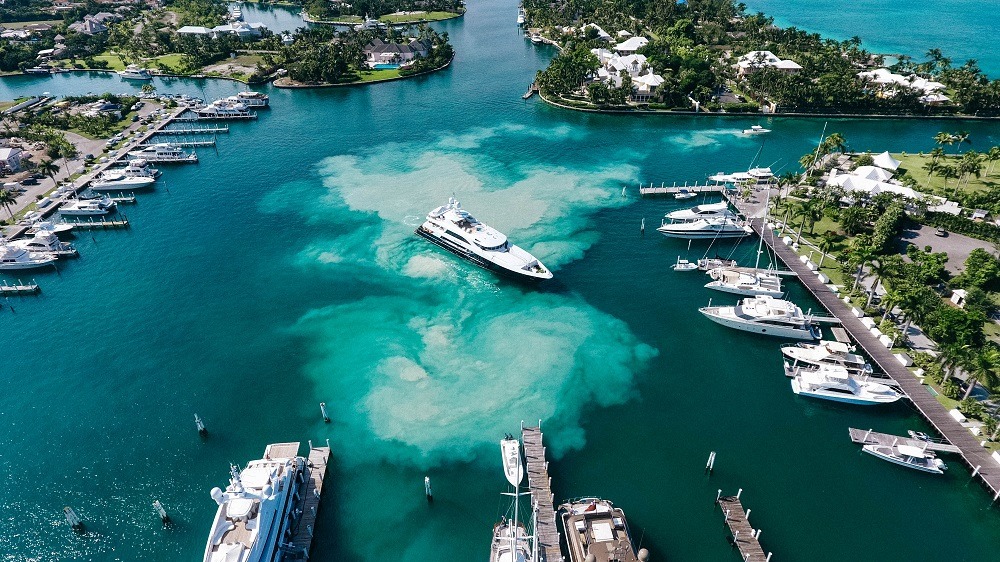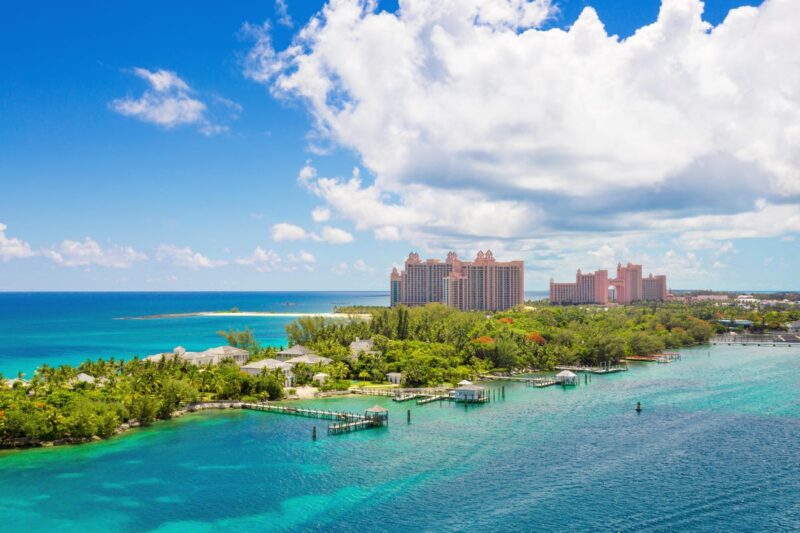New Bahamas maritime regulations: A guide for yacht owners


New Bahamian maritime rules mean bigger fees and stricter compliance
As of 1 July 2025, The Bahamas has introduced sweeping regulatory changes under the Port Authorities (Amendment) Bill 2025.
The changes are wide-reaching and include newly tiered cruising fees, fishing permits, a strict AIS (Automatic Identification System) requirement, and tighter rules on anchoring. These regulations are designed to keep a close eye on the water and better protect fragile marine ecosystems, and bring The Bahamas in line with international safety standards.
Here’s what you need to know.
Cruising fees
All foreign vessels entering Bahamian waters are now subject to updated cruising permit fees, valid for up to 12 months:
- Vessels up to 34 ft – $500
- Vessels over 34 ft up to 100 ft – $1,000
- Vessels over 100 ft – $3,000
These fees include customs and immigration, and are payable per permit. For private owners and charter managers planning extended or repeated visits, the changes are a significant change in cost structure.
Frequent Digital Cruising Card (FCCC) for the repeat visitor
A new Frequent Digital Cruising Card has been introduced for vessels that regularly return to Bahamian waters. Valid for two years, the FDCC allows unlimited entries, though each arrival still requires customs clearance.
- Up to 34 ft – $1,500
- Over 34 ft up to 100 ft – $2,500
- Over 100 ft – $8,000
While the cost is significant, for yachts operating between Florida and The Bahamas—particularly in charter seasons—it may prove a smart investment.
Fishing fees
Whether you’re deep-dropping for grouper or just enjoying a bit of weekend sport, recreational fishing now comes with a fee:
- Vessels up to 34 ft – $100
- Vessels over 34 ft – $300
The permits apply regardless of intent, so even casual fishing trips require prior authorisation.
AIS (Automatic Identification System) now mandatory
Among the most significant compliance updates is the mandatory use of AIS for all foreign vessels over 50 feet in Bahamian waters.
Whether cruising, anchored, moored, or docked, AIS must remain active and broadcasting at all times. Non-compliance carries a fine of $1,000, and even technical failures may not be accepted as excuses.
Anchorage fees
Choosing not to dock in a marina now comes at a cost. Vessels anchoring in Bahamian waters will be charged per visit as follows:
- Up to 34 ft – $200
- Over 34 ft up to 100 ft – $350
- Over 100 ft – $1,500
Charter managers should be especially mindful of these costs when planning itineraries near remote cays or private anchorages.


Passenger tax for larger groups
The new rules also introduce a passenger tax:
- The first three non-resident guests over age six are included in your cruising permit
- Each additional passenger incurs a $30 fee
For charter operations and private yachts hosting larger groups, these costs can add up quickly and should be factored into guest planning and charter pricing.
How Hill Robinson can help
These legislative changes bring added layers of regulation, but with the right guidance, they needn’t complicate your cruising season. Hill Robinson offers a full suite of services to support clients navigating the updated rules:
- AIS compliance checks and installations (Fort Lauderdale)
- Permit application support and FDCC guidance
- Ongoing advisory on regulatory changes across the Caribbean and beyond
We’re here to ensure your yacht remains compliant and confidently ahead of the curve. Yes, the costs are rising—and yes, the rules are tightening—but with a bit of foresight and planning, you can navigate these changes smoothly and continue to enjoy those crystal-clear Bahamian waters without compromise.
Ready to cruise? Let’s get your yacht prepared for what’s next.






